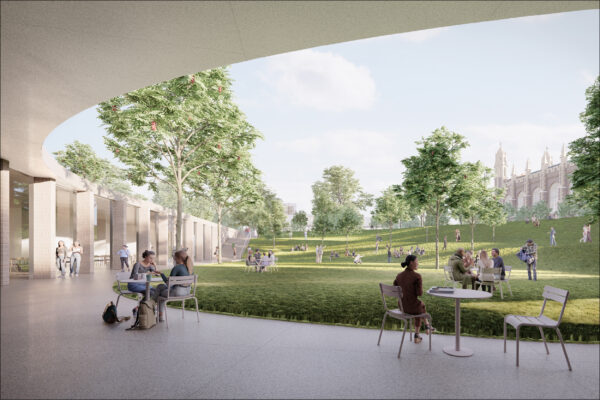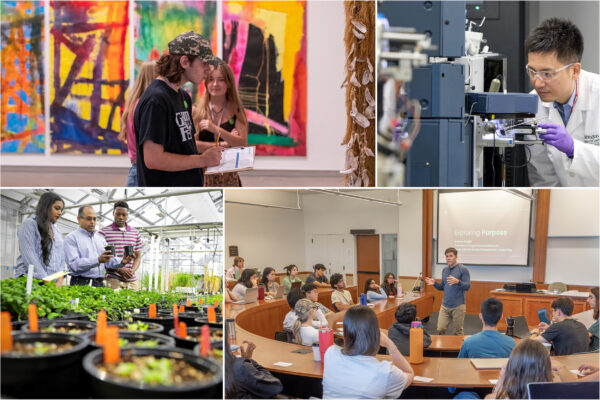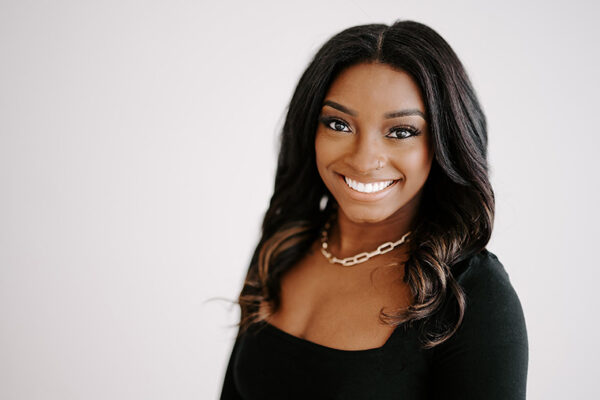Washington University in St. Louis has been reviewing its programs and activities in support of diversity, equity and inclusion. As the next step in this process, Chancellor Andrew D. Martin will appoint a committee to make recommendations to university leadership for how WashU can most effectively and efficiently achieve its community-focused goals and support its students, faculty and staff, while continuing to comply with federal guidance and laws.
“At WashU, our greatest strength is our people,” Martin said. “Our community comprises individuals from all walks of life. Each of us brings our own unique history and perspectives to our work, our study and our relationships. We represent many different cultures, backgrounds, experiences and ways of thinking, including a wide variety of political views. This is what makes us strong. This is what makes us WashU.
“We’ve all heard the initials ‘DEI’ in the news lately. They’ve come to mean different things to different people. For us, it’s not about any three letters or any one person or group’s definition of what those letters stand for. For us here at WashU, the work is about supporting our students, faculty and staff. The work of this committee will help us to be more effective at cultivating and supporting the type of community we aspire to be, where all feel welcome, included and valued.”
The initiative comes at a time when institutions of higher education are being asked to consider their approach to a number of areas in support of their communities.
“American colleges and universities are in the national spotlight,” Provost Beverly Wendland said. “With public attention focused on our institutions, now is a good time for us to take stock of our efforts and make sure we’re approaching this important work in a manner that will be most beneficial to our community. We remain steadfast in our commitment to continuous improvement and creating a welcoming campus environment for everyone at WashU. In this spirit, we are open to the possibility that we may be able to make changes for the better.”
University leaders believe the committee’s work will help WashU to assess where it has been successful, where there may be areas for growth, and whether any programs or initiatives should come to an end. This is likely to involve changes in operations and activities, as well as how the university communicates about this work, including potential updates to websites or other materials.
“We have made great strides in recent years in becoming an institution where we are seen as striving to enable all to feel welcome and engaged as part of our community,” said David H. Perlmutter, executive vice chancellor for medical affairs and the George and Carol Bauer Dean of WashU Medicine. “Nationally, we are being asked to examine what and how we do that and to make sure our approaches can be sustainable. This committee will play an important role in helping us to do that.”
“At WashU, our priority is — and always has been — our people,” said Nichol L. Luoma, executive vice chancellor and chief administrative officer. “We are committed to creating an inclusive campus environment where everyone feels welcome, valued and supported. Our community’s unique talents and perspectives are what make WashU the special place that it is.”
Anna Gonzalez, vice chancellor for student affairs, added: “We want to be a place where our differences are celebrated, disagreements present opportunities for greater understanding, and we are able to learn from each other and grow together in pursuit of truth. We’re optimistic that this effort will be fruitful and will ultimately lead to an even stronger approach to this important work and to our sense of community.”
“We may come up with new ways of doing some things or find that our current strategies are working well in different areas,” Martin said. “Our ultimate goal is to ensure that we are able to continue our important work in support of our community in a way that is consistent with our values and the law. We will not waver in our dedication to fostering a supportive and inclusive culture on our campus and supporting the people who make our community exceptional.”
More information about the committee and how the WashU community can get involved will be shared in the Record in coming weeks.


